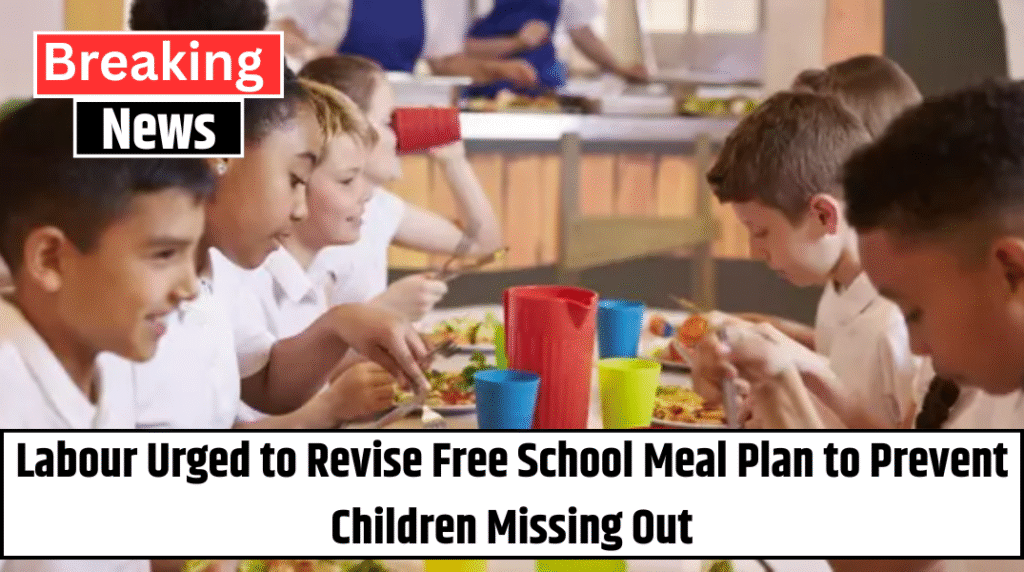The UK Government is facing growing pressure to introduce a national automatic enrolment system for free school meals (FSM) as part of its plan to expand eligibility to all pupils in England whose families receive Universal Credit.
The Education Policy Institute (EPI) has released a new report, funded by the Nuffield Foundation, urging ministers to go further than their current proposal. While the expansion—scheduled to take effect in September 2026—could see an additional 500,000 children become eligible, the EPI warns that without auto-enrolment, many may still go without the meals they qualify for.
Patchy Registration Practices Across England
The current system requires parents to actively apply for free school meals. However, the EPI found that inconsistent registration practices among local authorities (LAs) are causing inequality in access. In some regions, families must reapply if they are rejected the first time, while others use localized auto-enrolment strategies to identify eligible children automatically.
This inconsistency is contributing to a situation where, despite being eligible, children can miss out due to administrative barriers, confusion over the application process, stigma, or a lack of access to online resources. These challenges are particularly burdensome for families where English is not the first language.
Auto-Enrolment Seen as a Key Solution
The EPI’s research, based on surveys and interviews with local authorities and multi-academy trusts during 2024 and early 2025, concluded that introducing a national auto-enrolment scheme would largely eliminate these barriers.
“Expanding eligibility is a welcome move,” said Dr. Kerris Cooper, EPI senior researcher on early years and inequality. “But to ensure it has real impact, we must make it easier for all eligible children to receive their entitlements. National auto-enrolment would help reduce inequality and simplify the process.”
Also Read – Once Called ‘Most Broken’, UK School Earns ‘Good’ Rating in Every Category
Cooper also pointed out that some of the youngest children in maintained nurseries—especially those attending before and after lunchtime—are missing out on meals they are entitled to. Without additional measures to include early education settings in the expansion, many children in poverty will remain unsupported, she said.
More Children Eligible, But Gaps Remain
Recent data from the Department for Education showed that as of January, 2.17 million pupils in England—roughly 25.7%—were eligible for free school meals. That’s an increase of over 77,000 children compared to the previous year. However, the data also indicates that some children are still slipping through the cracks.
Where a child lives and the school they attend currently have a significant impact on their likelihood of being registered for FSM, according to the EPI report.
Support for National Reform
The idea of a national auto-enrolment system is gaining traction among education leaders. Pepe Di’Iasio, general secretary of the Association of School and College Leaders (ASCL), called the expansion of FSM to all children in Universal Credit households “a positive step,” but warned that eligibility alone is not enough.
“Auto-enrolment is the natural next step,” Di’Iasio said. “We need a consistent system that ensures all qualifying children receive the support they need. There’s no reason a national system couldn’t be introduced in a relatively simple and efficient way.”
Also Read – 20% VAT on UK Private School Fees Stands After High Court Decision
Government Response
Education Minister Stephen Morgan recently addressed the matter in Parliament, describing the FSM expansion as a “significant and straightforward process” that would make it easier for families to check eligibility. However, he did not commit to implementing automatic enrolment.
While the upcoming policy shift will undoubtedly expand access, experts and advocacy groups continue to push for systemic changes that would eliminate regional disparities and ensure every eligible child benefits from free school meals without unnecessary obstacles.



